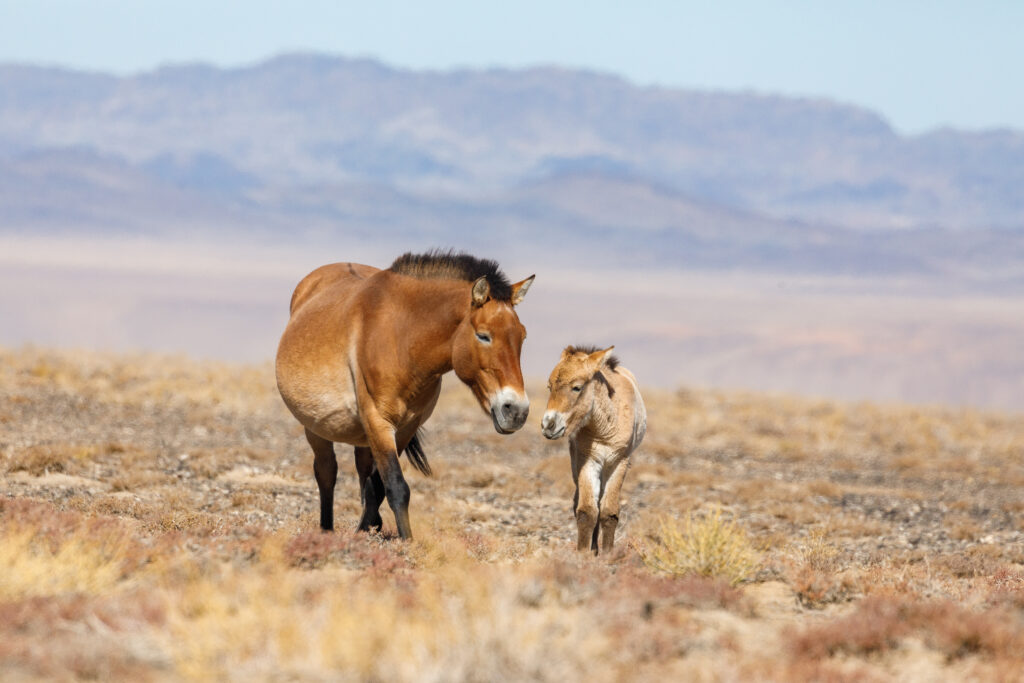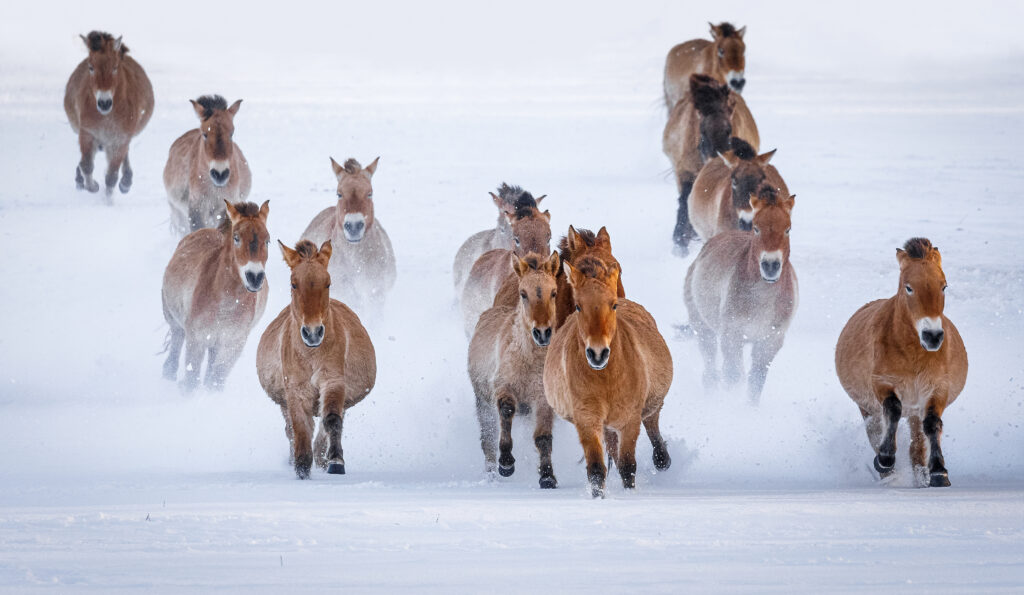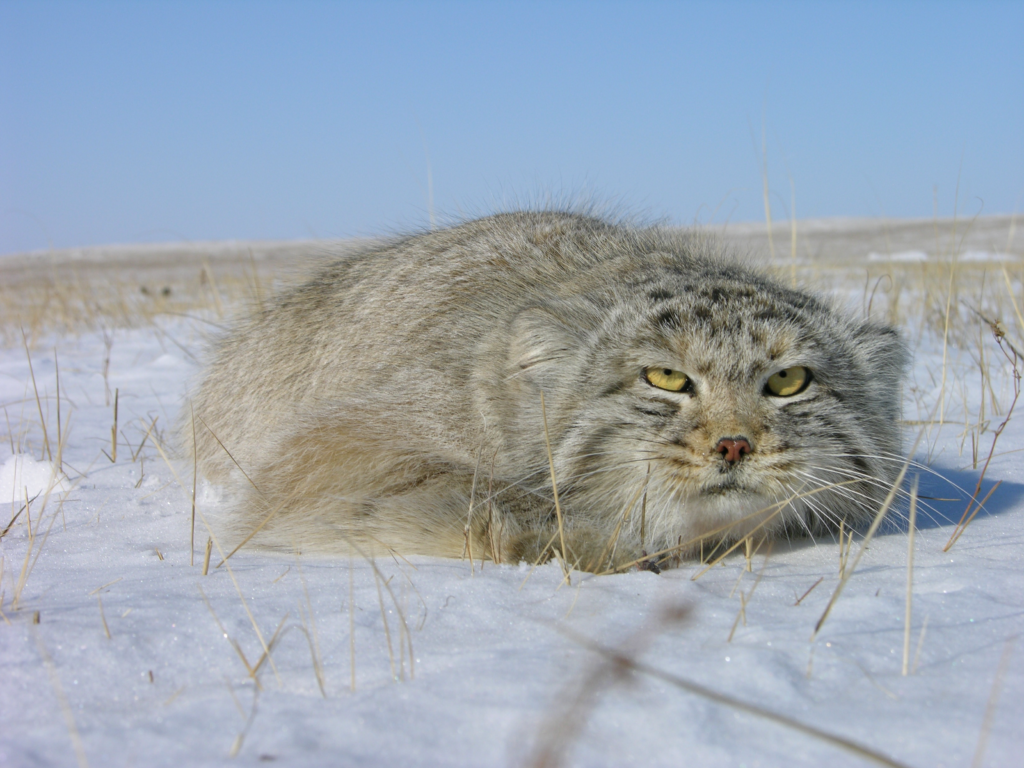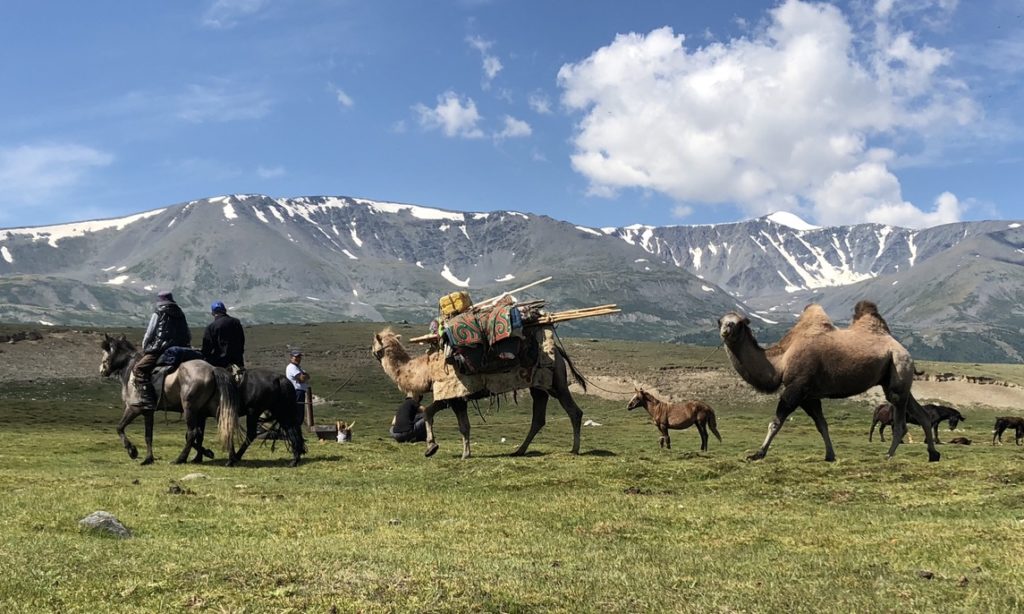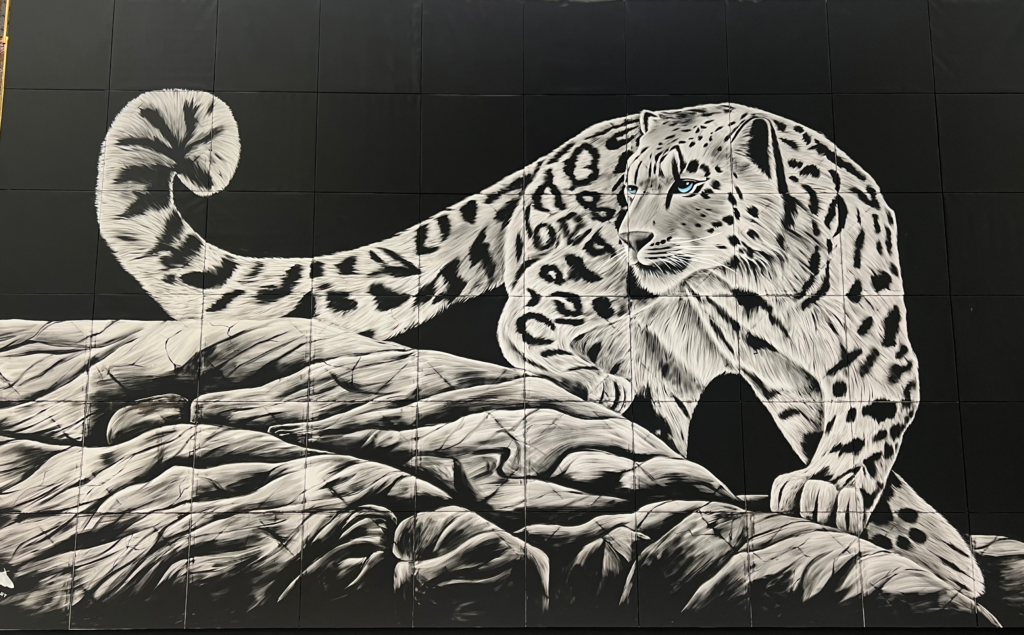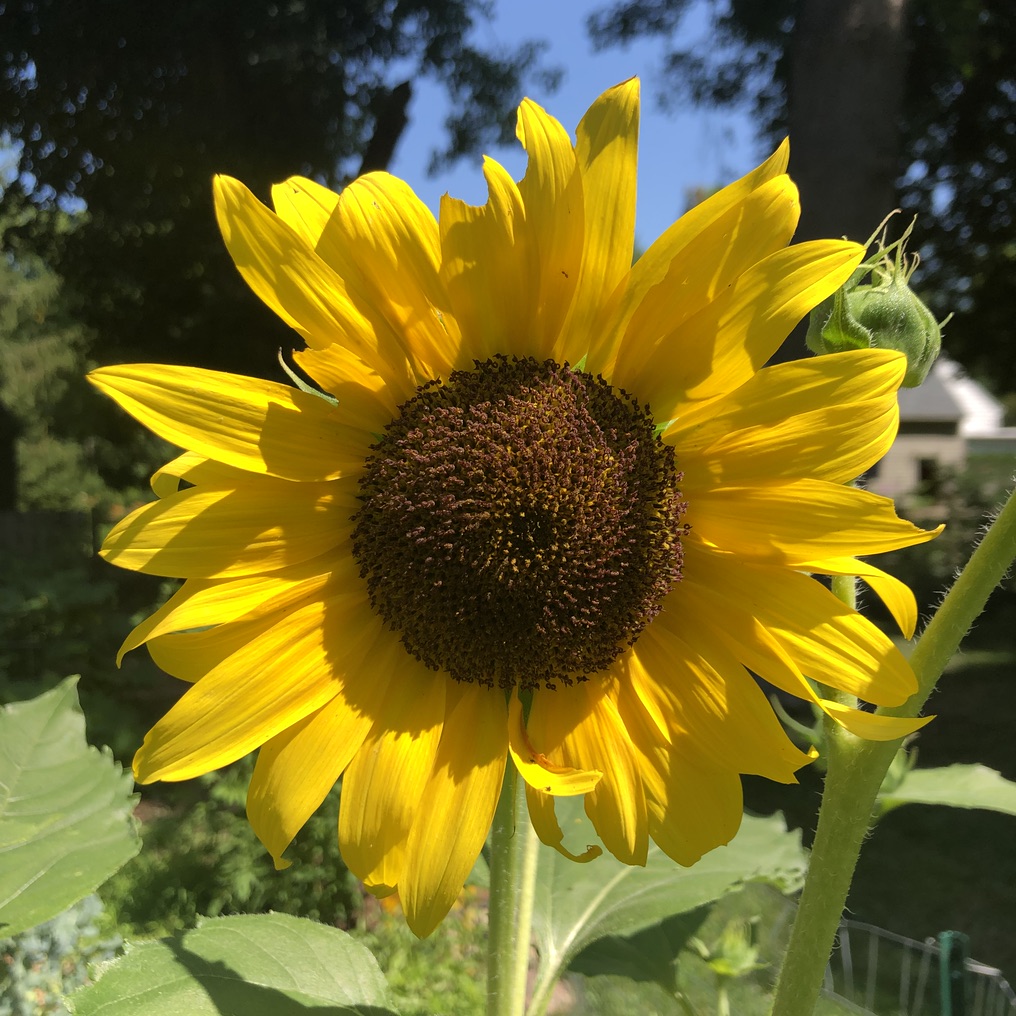News
Every species counts on Endangered Species Day!
Earth is home to countless species and landscapes. Unfortunately, human activities destroying habitats and overheating the planet have pushed many species into decline, breaking fragile and complex relationships within entire ecosystems. Thousands of animal species are also in steep decline in Eurasia, from the Saker falcon to the Pallas’s cat. This growing damage to ecosystems…
Read MorePrzewalski’s Horse to return to Kazakh steppe
Plans are underway to reintroduce Przewalski’s horse, a genetic descendent of the Botai horses domesticated in Kazakhstan some 5,500 years ago, to Kazakhstan’s central steppes, following a more than 100-year absence from the country. Per terms of the multi-stakeholder agreement between government and zoological entities in Kazakhstan, Czechia, Germany, and Hungary, the horses will be…
Read MoreAdopt a Camera for the Pallas’s “Grumpy” Cat
ABOUT THOSE FUZZY FELINES. Also known as a “Manul Cat,” a name with roots in the Mongolian language, Pallas’s cats are characterized by their thick fur, big round ears, and grumpy expressions. Native to Central Asia, Pallas’s cats are elusive, hampering the calculation of accurate population counts. Without more data, scientists struggle to know how…
Read MoreInternational Pallas’s “Grumpy” Cat Day – April 23
Every dog has its day, or so the expression goes, but so do cats! Arguably one of the lesser-known animal holidays (and one of several cat calendar observances) is International Pallas’s Cat Day, an educational and conservation-oriented holiday observed on April 23. Read on to learn more about the holiday’s honoree and support Pallas’s cat…
Read MoreWelcome, friend!
We are very excited to tell you about our new initiative: Eurasian Wildlife and Peoples. Our name points to our major focus – ecosystems, wildlife, and the wonderfully diverse peoples living across Eurasia. Our mission at Eurasian Wildlife and Peoples is to protect the interconnected web of life on our planet, reverse losses of wildlife…
Read MoreExperts in Samarkand, Uzbekistan warn migratory species in trouble
U.N. Report Paints Dire Picture for Migratory Species In February, together with Biodiversity Research on Conservation Center (BRCC) colleagues Director Jennifer Castner participated in the 14th Conference of the Parties to the Convention for the Conservation of Migratory Species (COP-CMS) held in Samarkand, Uzbekistan from 12-17 February 2024. Migratory species—mammals, birds, fish, and insects that…
Read MoreTwo years into Russia’s war in Ukraine
Two Years into Ukraine War: Experts Reflect on Environmental Casualties February 24 marked the second anniversary of Russia’s full-scale invasion of Ukraine, the costs of which have been enormous. Focusing on environmental losses, editorial team members of our partner Ukraine War Environmental Consequences Work Group reflected on what they saw as the conflict’s most important…
Read More
